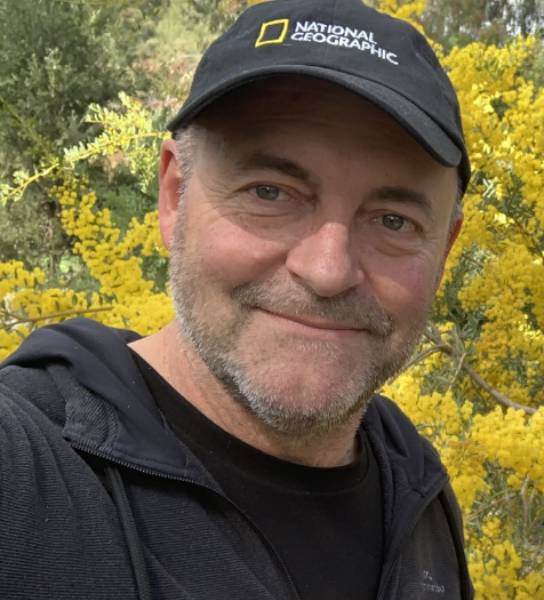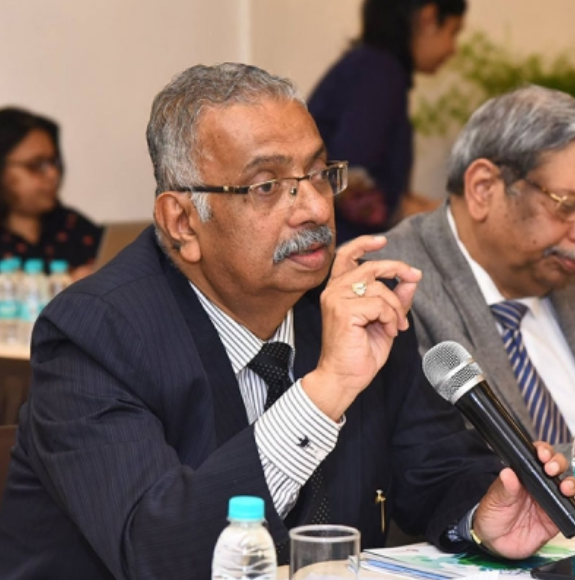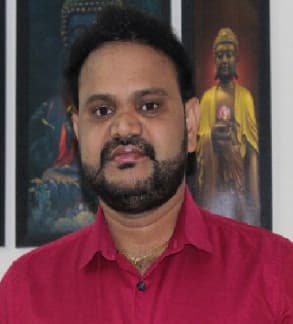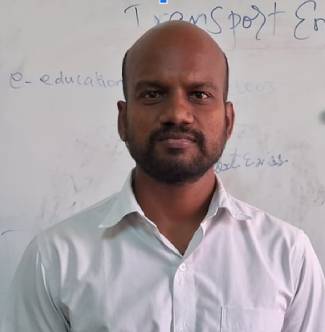Prof. Simon Haberle
Australian National University
The abundance, allergenic effects and public health burden of airborne pollen in Australia
ABSTRACT
The composition and relative abundance of airborne pollen in urban areas of Australia are strongly influenced by geographical location, climate, and land use. There is mounting evidence that the diversity and quality of airborne pollen is substantially modified by climate change and land use yet there are insufficient data to project the future nature of these changes. The presentation will be focused on the city of Canberra, which is one of the hay fever “hotspots” in Australia, and explore why this region has such a high prevalence of allergic rhinitis. It also highlights the need for long-term aerobiological monitoring in Australian urban areas in a systematic, standardized, and sustained way, and provides a framework for targeting the most clinically significant taxa in terms of abundance, allergenic effects, and public health burden.
ABOUT THE SPEAKER
Professor Simon Haberle, Director of the School of Culture, History and Language (since 2016). He completed his Ph.D. at ANU on the Late Quaternary Environmental History of the Tari Basin, Papua New Guinea, in 1994. While holding postdoctoral positions at the Smithsonian (STRI, Panama) and at the University of Cambridge he continued to pursue his interest in the role of past climate change and human activity on tropical and temperate ecosystems through work in the Amazon Basin and southern South America. His research is currently focused on the application of high-resolution palaeoecological analysis to our understanding of the impact of climate variability and human activity on terrestrial ecosystems of the Pacific and Indian Oceans during the Holocene. He is also developing e-Research tools in palaeoecology such as the Australasian Pollen and Spore Atlas and the PalaeoWorks website. He is currently using his knowledge of Australian pollen to explore the impact of atmospheric pollen and spores on respiratory health.
He is currently serving 5 years of membership of the International Advisory Board for the Graduate School of Human Development in Landscapes, University of Kiel (Germany). He is Chair of the College of Asia and the Pacific Reconciliation Action Plan committee (2010-) and elected Chair of the College Forum (CAP 2007-2008); Director of the Centre for Archaeological Research (2006-2009); President of the Australasian Quaternary Association (2000-2004); QEII (ARC) Research Fellow investigating the impact of El Niño-related climate variability on tropical rain forest ecosystems of the Western Pacific (1998-2004); Postdoctoral Research Fellow, Dept. of Plant Sciences, Cambridge University (1995-1997); Postdoctoral Research Fellow, Smithsonian Tropical Research Institute, Panama (1994-1995).







